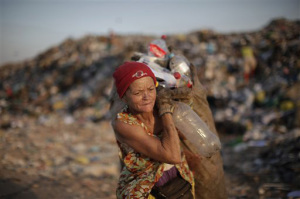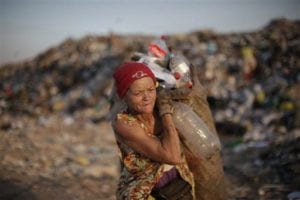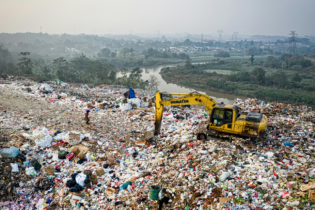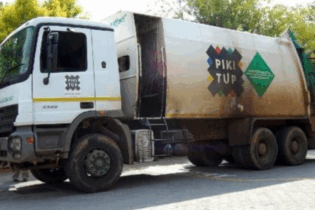 “Trash banking” is beginning to catch on in parts of Africa following its success in other parts of the world.
“Trash banking” is beginning to catch on in parts of Africa following its success in other parts of the world.
The practice of trash banking is well-known in Indonesia. The country has 2 800 trash banks in 129 cities which serve 175 000 people, reports Bloomberg.
At these trash banks residents can bring in recyclables that are weighed for value. In exchange, residents can withdraw or deposit money from bank accounts or in some cases even pay directly for rice, phone cards or electricity bills.
This system not only reduces pressure on ever-growing landfill sites, but also allows some of their poorest citizens access to savings and credit.
According to Bloomberg, Makassar in Indonesia faces ever-mounting piles of waste. The population 2.5 million produces 800 tons of rubbish daily, most of which ends up in a landfill.
Of the 64 million tons of trash produced annually in Indonesia, 70% ends up in open landfills.
Trash banks or collection points accept all form of recyclable trash such as plastic bottles, paper and packaging. The Makassar government has committed to purchasing the rubbish at set, ensuring price stability.
The collected recyclables are then sold on to waste merchants who ship it to plastic and paper mills on the main island of Java.
This system could hold potential for other parts of the developing world where recycling is low.
 “Trash banking” is beginning to catch on in parts of Africa following its success in other parts of the world.
“Trash banking” is beginning to catch on in parts of Africa following its success in other parts of the world.






